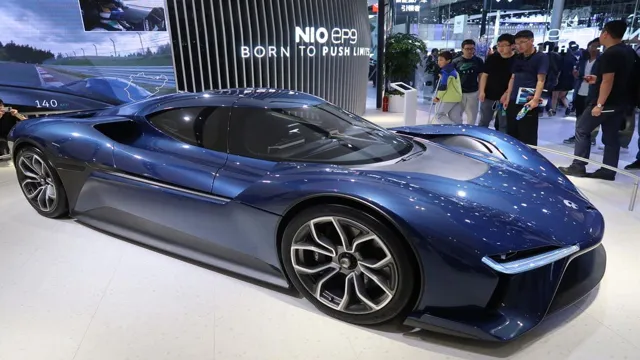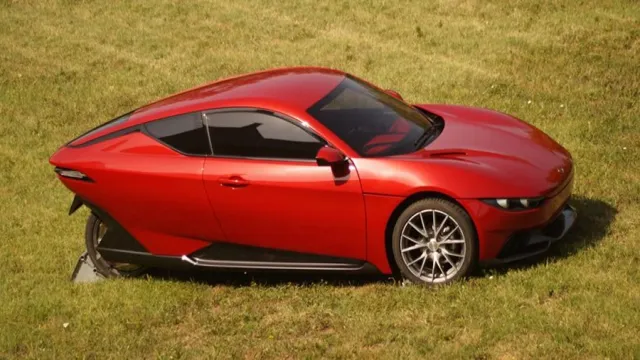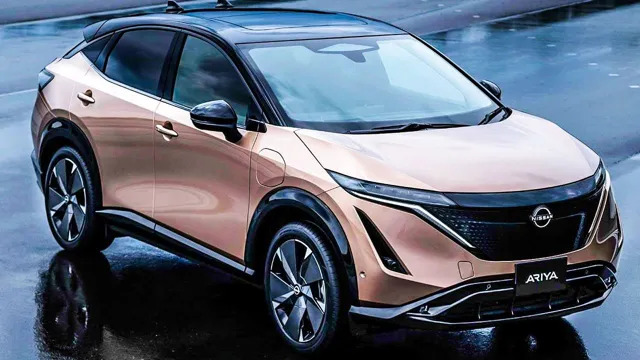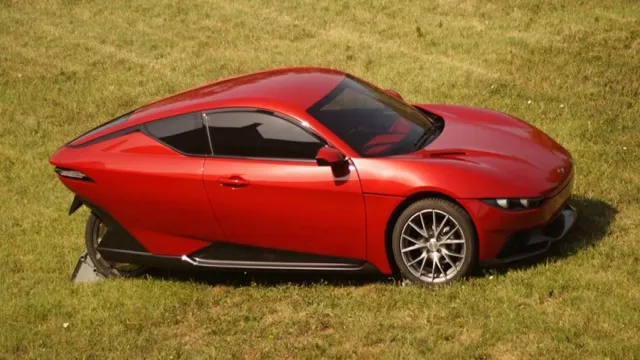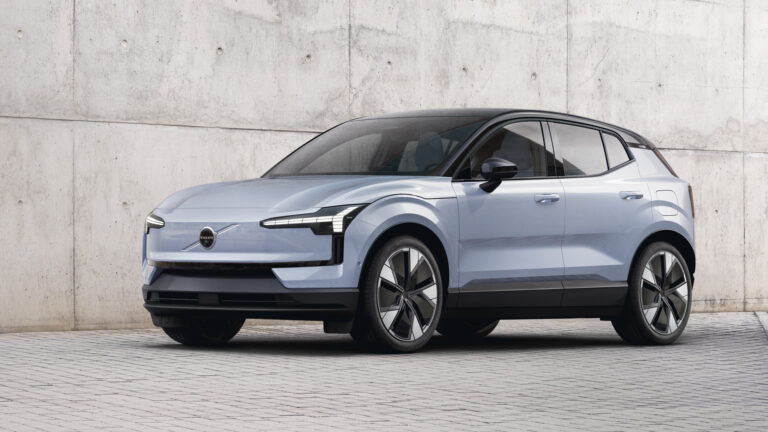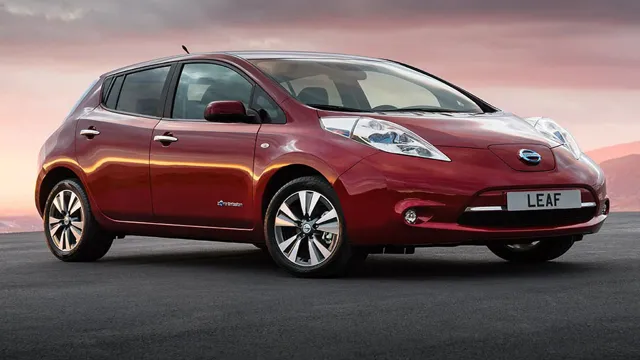Riding the Charge: Latest Updates and Developments in the Electric Car Market News
Electric cars are revolutionizing the automotive industry, with more and more consumers considering making the switch from traditional gasoline-powered vehicles to electric ones. As the world continues to grapple with climate change and the need for sustainable alternatives, the demand for electric cars is steadily increasing. In recent news, there have been exciting developments in the electric car market that are worth paying attention to.
From new models hitting the market to advancements in charging infrastructure, there’s a lot to be excited about in the world of electric cars. Let’s take a closer look at the latest electric car market news and what it means for the future of transportation.
Global Electric Car Market Overview
Electric car market news is buzzing all around the world as the demand for eco-friendly vehicles is rapidly rising. The global electric car market is projected to witness phenomenal growth in the coming years, with the rising concerns over environmental pollution and the need for sustainable transportation driving the market. Several governmental initiatives and subsidies to promote the adoption of electric cars are also contributing to the market growth.
Moreover, the advancements in battery technology and the launch of new electric car models by leading automobile companies are further expected to fuel the market growth. With the focus on reducing carbon emissions and the increasing emphasis on renewable energy sources, it’s no surprise that the electric car market is gaining momentum and transforming the automotive industry.
Top Electric car Manufacturing Brands in 2021
The electric car market has seen significant growth over the past few years, driven in large part by a desire for eco-friendly transportation options and advances in technology. There are several top electric car manufacturing brands in 2021 that are making waves in the industry. Tesla is perhaps the most well-known brand, thanks to its sleek designs, cutting-edge technology, and Elon Musk’s outspoken leadership.
Other notable brands include Nissan, which offers the popular Leaf model with a range of up to 226 miles on a single charge, and Chevrolet, which offers the Bolt with similar range capabilities. Additionally, luxury car brands like Porsche and Audi are making strides in the electric car market with models like the Taycan and e-Tron, respectively. As more and more consumers prioritize sustainability and efficiency in their transportation choices, the electric car market is sure to see continued growth in the years to come.
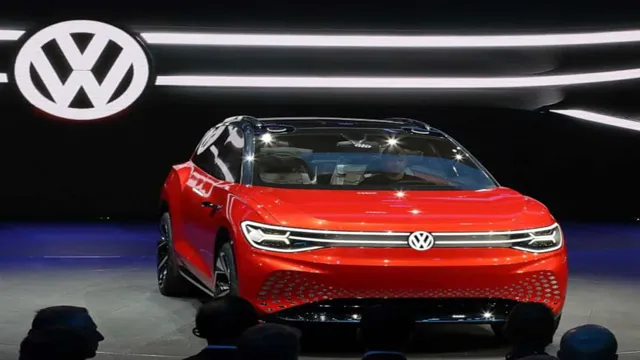
Electric Car Sales by Region
The global electric car market is growing at an unprecedented rate, with an increasing number of countries embracing green energy and eco-friendly technologies. According to recent data, the Asia Pacific region is leading the way in electric car sales, with China being the largest market for electric vehicles. Europe follows closely behind, with countries like Norway, the Netherlands, and Iceland having the highest electric car market shares.
In contrast, North America has been relatively slow in adopting electric cars, with the United States being the largest market for EVs in the region. However, with advancements in battery and charging technologies, the demand for electric cars is expected to rise in the coming years, and more countries are likely to embrace this sustainable option. As our world transitions towards renewable energy sources and reducing carbon emissions, electric cars are set to pave the way towards a cleaner and greener future for all.
Government policies and Initiatives
The electric car market news is abuzz with government policies and initiatives aimed at promoting green mobility. Many countries have set ambitious targets to shift to electric vehicles (EVs) and phase out petrol and diesel cars. In the UK, for instance, all new cars and vans should be zero-emission by 2035, while Norway plans to end the sales of fossil fuel vehicles by 202
To support these goals, governments are offering various incentives and subsidies to encourage the adoption of EVs, from tax credits to free parking and toll exemptions. Moreover, there are plans to expand the charging infrastructure network, both in public spaces and at homes, to ensure that EVs can be charged conveniently and reliably. These efforts are not only crucial to reducing greenhouse gas emissions and improving air quality but also to creating new jobs and investment opportunities in the automotive and energy sectors.
As a result, the electric car market is rapidly growing, with more models and brands entering the market and sales reaching record highs in many countries.
Electric Vehicle Subsidies and Incentives
Electric Vehicle (EV) subsidies and incentives are crucial to encourage the adoption of this new technology across the world. Governments globally are taking a proactive approach to promote the transition to EVs as they provide a sustainable and renewable alternative to traditional fossil fuel vehicles. Additionally, EVs help to reduce carbon emissions and protect the environment.
Therefore, many countries have introduced subsidies and incentives to encourage their citizens to switch to EVs. For example, in the United States, the federal government offers a tax credit of up to $7,500 for those who purchase a new EV. In Hong Kong, the government has waived registration fees and provided substantial tax deductions for EV buyers.
Such incentives have been introduced to help offset the higher initial purchase price of an EV compared to a conventional car. As the demand for EVs continues to grow, governments worldwide are expected to introduce further incentives to make the transition to zero-emission vehicles even smoother.
Investment in Charging Infrastructure
When it comes to electric vehicles, one of the biggest concerns for potential buyers is the availability of charging infrastructure. Fortunately, governments around the world have recognized this and are making efforts to invest in charging infrastructure to make it easier for EV drivers to get where they need to go. In the United States, for example, the Biden administration has proposed spending $174 billion to boost the EV market, including investing in charging infrastructure.
In Europe, the EU has set a target to install 1 million charging points by 202 These policies and initiatives are not only beneficial for EV drivers but also for the environment, as more people are encouraged to switch to electric vehicles. As a result, the investment in charging infrastructure will help to reduce carbon emissions and create a more sustainable future.
Carbon Emission Reduction Targets
Carbon emission reduction targets are becoming increasingly important as the world continues to face the consequences of climate change. In response, governments worldwide have implemented various policies and initiatives to reduce carbon emissions. For instance, the European Union (EU) has set a target of reducing carbon emissions by 55% by 2030 compared to the 1990 levels.
The UK has set a more ambitious target of reducing carbon emissions by 68% by the same year. In the US, President Biden plans to reduce greenhouse gas emissions by 50-52% by 2030 compared to 2005 levels. These policies often involve encouraging the use of renewable energy, reducing energy consumption, and introducing taxes or regulatory measures to discourage the use of fossil fuels.
Initiatives such as the Paris Agreement and the UN Framework Convention on Climate Change also aim to bring countries together to collectively tackle climate issues. However, while these policies are crucial in achieving carbon reduction targets, they require sustained attention and investment for them to be effective in mitigating the effects of climate change.
Future Trends and Forecast
The electric car market news is continuously buzzing with developments and innovations. From new model releases to advancements in battery technology, the future looks promising for electric vehicles (EVs). One of the emerging trends we see in the market is the rise of charging infrastructure, with more and more charging stations being installed in public places such as malls, airports, and highways.
This development not only addresses range anxiety concerns but also provides convenience for EV owners who can now charge their vehicles while doing their errands. Another trend is the diversification of EV models, with automakers expanding their lineup to include electric SUVs, trucks, and even sports cars. This shift further broadens the appeal of EVs, attracting a wider range of consumers looking for eco-friendly yet versatile options.
Looking ahead, the electric car market news is expected to focus on further developments in battery technology, as well as the growth of autonomous driving capabilities, all of which are likely to usher in a new era of clean, efficient, and convenient transportation.
Electric Car Market Size Predictions
The electric car market is expected to experience significant growth in the coming years. In fact, it is predicted to reach a market size of $8081 billion by 2027, with a compound annual growth rate (CAGR) of 2
6% from 2020 to 202 The rise in demand for electric cars can be attributed to several factors, such as the increasing need for eco-friendly transportation, the government’s support for electric vehicles, and advancements in technology. Additionally, the availability of charging infrastructure and tax incentives for electric car buyers are other factors driving the market’s growth.
As more automakers invest in electric vehicles, the competition is expected to intensify, leading to greater innovation and lower prices. Overall, the future of the electric car market looks promising, and it will likely continue to experience growth in the years to come.
Key Technological Advancements in Electric Cars
Electric cars are becoming increasingly popular due to technological advancements that have made them more efficient and practical. An important trend in the industry is the development of solid-state batteries, which promise higher energy density and faster charging times than traditional lithium-ion batteries. In addition, electric cars are being designed with more advanced software that enhances their performance, such as autonomous driving systems that facilitate safe and efficient driving.
Another significant development is the use of inductive charging, which allows cars to be charged wirelessly while stationary or moving. Furthermore, the introduction of more affordable models and the expansion of charging infrastructure worldwide will increase the accessibility and convenience of electric cars for consumers. These advancements suggest that the future of electric cars is bright and that they will play a critical role in the transition to a cleaner and more sustainable future.
Closing thoughts
Electric car market news is constantly evolving, with new developments and advancements being made every day. As more and more people turn to electric vehicles as a sustainable and environmentally-friendly mode of transport, the market for these cars is only set to grow. It’s a fascinating sector, with a lot of exciting innovation taking place around battery technology, charging infrastructure, and self-driving cars.
Keeping up with all the changes and developments can be a challenge, but staying informed is essential for anyone who wants to be part of this dynamic and rapidly-evolving industry. From the latest supply chain updates to news about new car models and financial investments, there’s always something new to discover in the world of electric cars.
Conclusion
In conclusion, the electric car market is charging ahead at full speed, fueled by advancements in technology, growing environmental awareness, and the desire for more sustainable transportation options. With big players like Tesla, Nissan, and BMW leading the charge, and governments around the world offering incentives for green cars, it’s safe to say that the future of the auto industry is electric. So plug in, buckle up, and get ready for a wild ride towards a greener tomorrow!”
FAQs
What is the current size of the electric car market?
According to a report by Bloomberg New Energy Finance, the global electric car market reached 2.1 million units in 2019.
Which countries are leading in the adoption of electric cars?
Norway is the world leader in electric car adoption, with over 75% of new cars sold being electric. Other countries that are leading include Iceland, Sweden, and the Netherlands.
What are the benefits of driving an electric car?
Electric cars have lower fuel and maintenance costs compared to gasoline cars, emit no greenhouse gases, and are more energy-efficient.
What are the current challenges facing the electric car industry?
Some of the current challenges facing the electric car industry include high upfront costs, range anxiety, and a lack of charging infrastructure in some areas.
